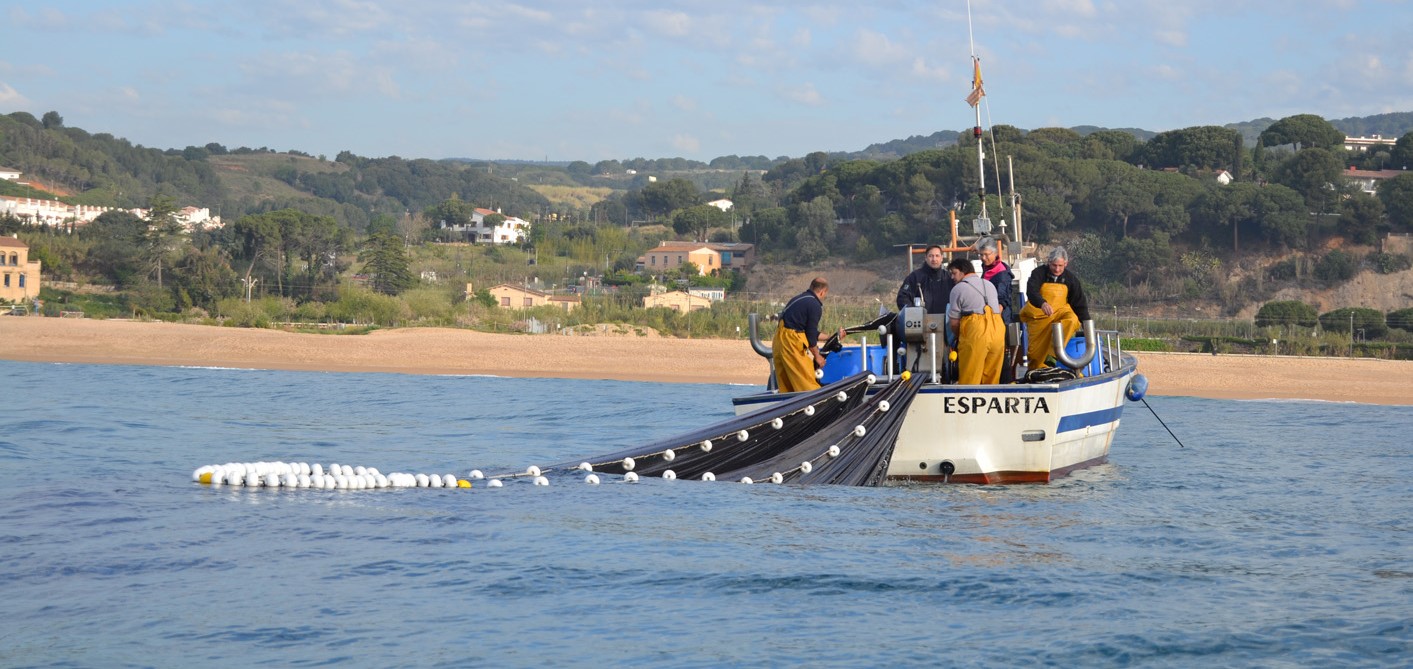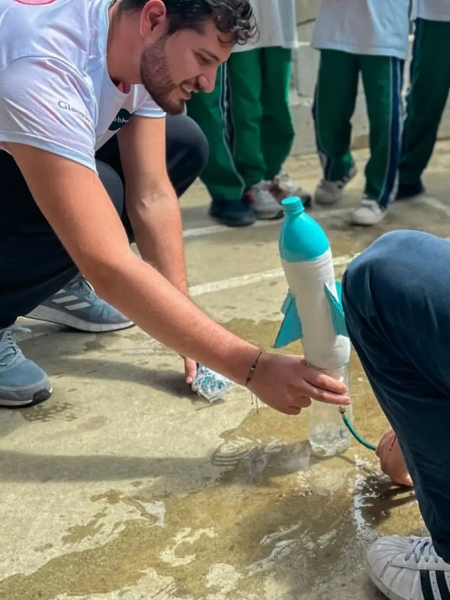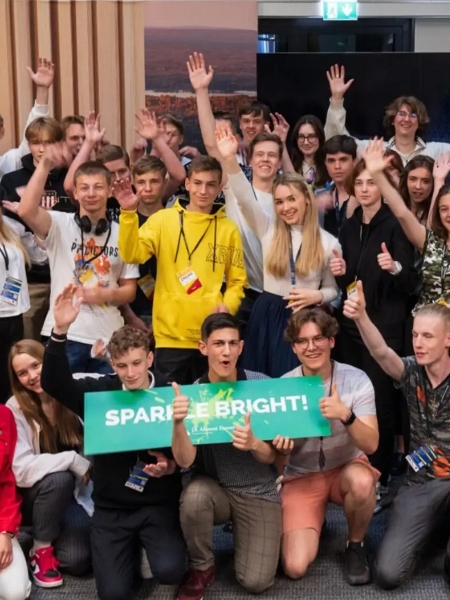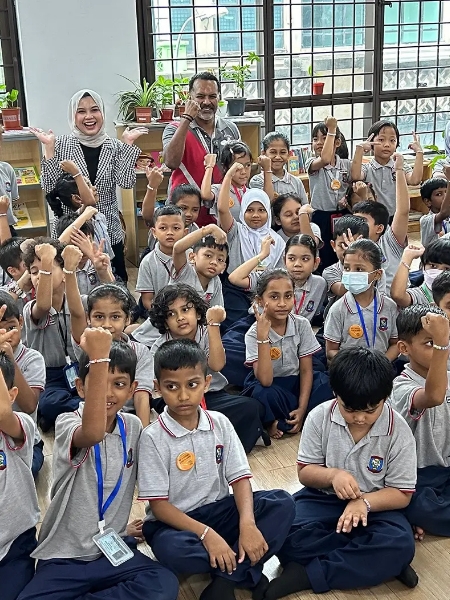WWF
Think Human Fund
Mission & History
WWF Spain, or World Wide Fund for Nature Spain, was established in 1968 as part of the global WWF network, which was founded in 1961. The Spanish branch has played a crucial role in expanding WWF’s conservation efforts to the Iberian Peninsula and its surrounding regions. WWF Spain focuses on biodiversity conservation, sustainable development, and climate action. Its mission is to conserve nature and combat threats to biodiversity, aiming for a future where people live in harmony with nature. The Think Human Fund is dedicated to addressing some of the most critical environmental challenges facing our world today.
Central to WWF Spain’s mission is biodiversity conservation, focusing on protecting species and their habitats while working diligently to restore vital ecosystems. In parallel, they emphasize sustainable development by advocating for responsible practices across agriculture, forestry, and fisheries. Their efforts to combat climate change involve not only reducing emissions but also championing renewable energy initiatives and bolstering climate resilience. A pivotal part of our work involves influencing policy by advocating for robust environmental regulations and sustainable policies. Equally important is their commitment to education and awareness, where they strive to elevate public consciousness and encourage sustainable lifestyles. Together, these efforts form a comprehensive approach to fostering a healthier, more sustainable planet for future generations.

Country Information
Coastal regions are home to vital ecosystems and nearly half of the global population. However, these regions are experiencing severe environmental stress. The Mediterranean, which is warming 20% faster than the global average, faces rising sea levels projected to exceed one meter by 2100, making it the fastest-warming and saltiest sea. Additionally, nearly 1,000 invasive species have been introduced, displacing native species essential to small-scale fisheries (SSF). SSF is crucial for nutrition, food security, and livelihoods, constituting 83% of the fishing fleet, contributing 15% of the total catch, 29% of revenue, and 57% of employment in the Mediterranean. Despite its significance, SSF fishers face vulnerabilities such as limited access to social protection and financial resources, exacerbated by climate change and challenges like COVID-19.
The Need
Mediterranean fisheries are struggling with over-exploitation, endangering the livelihoods of small-scale fishers and their families. SSF accounts for about 59% of onboard jobs in the region, amounting to approximately 134,300 direct positions. However, SSF practices can negatively impact certain species and sensitive habitats. Effective co-management with SSF communities is essential for better marine environment management and protection. Research shows that empowering coastal communities, including marginalized groups like women, enhances resource management and resilience. Women, who have historically played a vital role in SSF, often face undervaluation and lower pay. Increasing their involvement in resource management can lead to more sustainable practices due to their unique perspectives and cautious approach.
The Project We Fund
WWF Spain’s project, grounded in 15 years of dedicated work with Small-Scale Fisheries (SSF) in Catalonia and the Balearic Islands, aims to foster the sustainable management of marine resources. The project focuses on enhancing fish stocks to improve the health of marine ecosystems and protect vital coastal resources. An essential component of the initiative is to increase investments in sustainable SSF practices, ensuring that these communities can continue to thrive economically while preserving the environment.
The project also emphasizes strengthening governance structures, particularly by promoting gender inclusion in SSF management, to build more equitable and effective decision-making processes. Furthermore, reducing the climate impact of SSF operations, specifically by lowering their carbon footprint, is a significant aspect of the project, aligning with broader climate action goals. Together, these efforts contribute to the resilience and sustainability of SSF and the coastal resources they depend on.
The Result
WWF Spain has set specific Key Performance Indicators (KPIs) to track the impact of their initiatives in Catalonia and the Balearic Islands. By 2027, the organization aims to fully implement the Regional Plan of Action for Small-Scale Fisheries (RPOA-SSF) across these regions, with a focus on ensuring women’s inclusion in fisheries co-management. A significant milestone in this objective is the establishment of a fisherwomen’s organization in the Balearic Islands, complemented by the completion of six essential fishing analyses.
Another major objective targets the ecological aspect, where, by 2027, 50% of the small-scale fishing vessels in both Catalonia and the Balearic Islands are expected to adopt improved practices that effectively reduce their ecological footprint. This includes a specific target of achieving a 30% reduction in CO2 emissions from one fleet within these areas, demonstrating a tangible commitment to sustainability and environmental responsibility.
2025 Midterm Report
WWF Spain, has made significant strides in improving small-scale fisheries (SSF) in Catalonia and the Balearic Islands. The project’s impact is being measured through rigorous monitoring and is reflected in the engagement of 1,050 direct beneficiaries, including fishers and women from the fishing sector. These efforts indirectly benefit an additional 12,650 individuals associated with the fishing industry and wider community. Key actions undertaken include the implementation of the Regional Plan of Action for Small-Scale Fisheries (RPOA-SSF), focusing on gender inclusion, and initiatives aiming at reducing the ecological footprint of fishing practices. Notably, the establishment of a fisherwomen’s organization in the Balearic Islands is one of the prominent achievements, alongside substantial progress toward decarbonizing fisheries by improving CO2 monitoring. A total of six fleets are now fully engaged in aligning with national decarbonization initiatives, which marks an alignment with environmental goals and sustainable industry practices.
Testimonies
“The invitation of WWF Spain to assist to the Regional retreat “Women Together in Fisheries” orgaheld in Split by WWF MMI was a great news. There, I can share with other women of the fishing sector our problems. The discussions emphasized the need for visibility, technical and financial support for women’s associations, access to decision-making, and environmental-social sustainability.” –Inma Carrasco, 56-
During the meeting, participants called for stronger communication networks and fairer institutional recognition of women’s work. We also highlighted the important to have a genere perspective, adding ideas and knowledge to face the climate change and the global crisis of the biodiversity.” –Sandra Amezaga, Mulleres Salgadas – Asociación Galega de Mulleres do Mar, 52-







